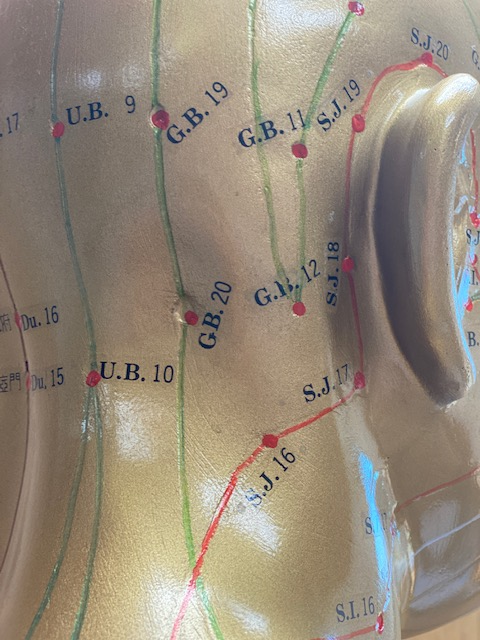The Cognitive Load of COVID-19 – Harvard Macy Institute Community Blog
How Does Cognitive Load Theory Relate to COVID-19? Learners in clinical workplaces are at high risk of cognitive overload, and the COVID-19 pandemic compounds this risk. Constantly evolving complex information and changes to workplace practices contribute excessive intrinsic load. Increased demands on time, feelings of uncertainty and anxiety, and negative emotions related to stress introduce […]
The Cognitive Load of COVID-19 – Harvard Macy Institute Community Blog Read More »




